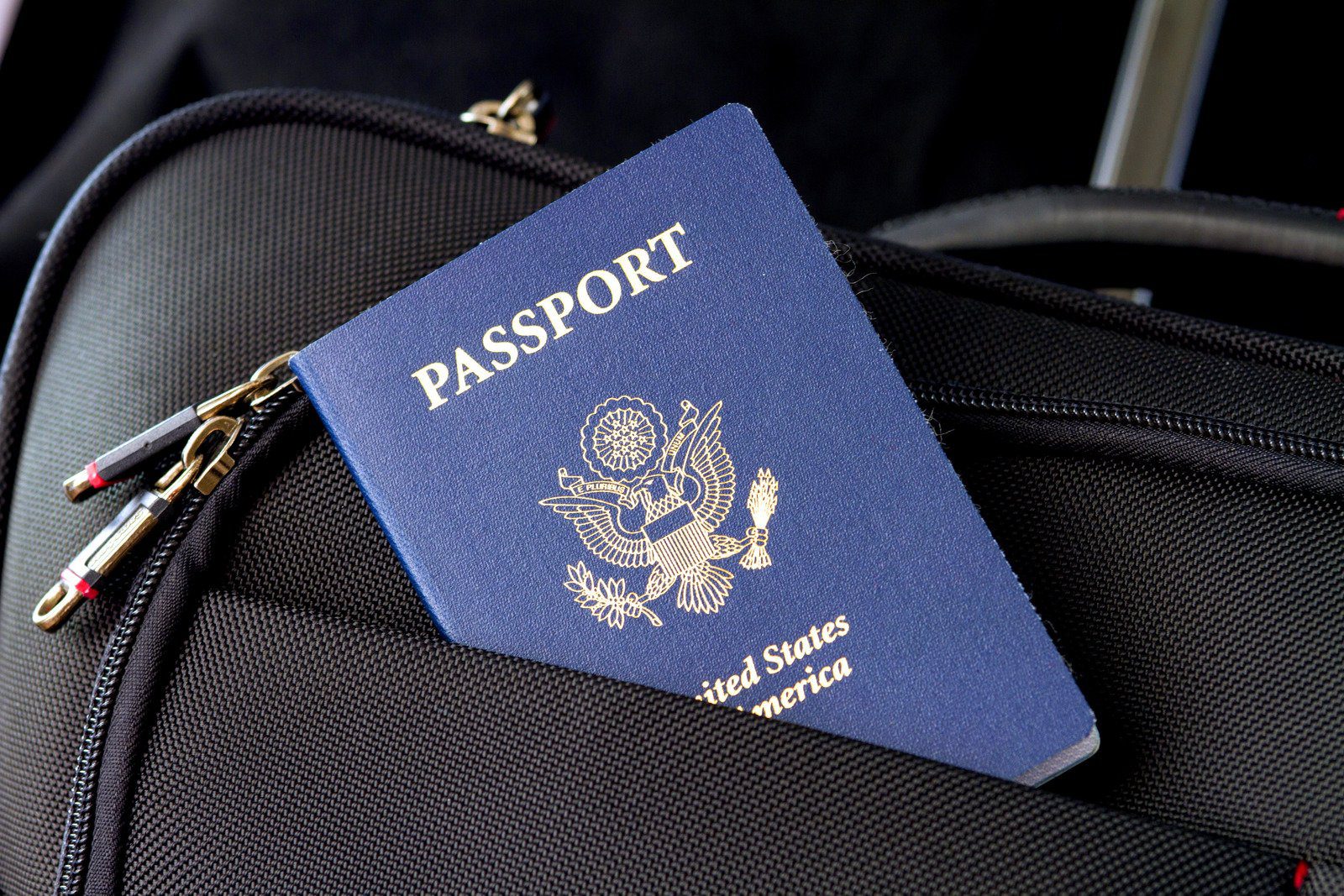Planning a trip can be an exciting process, but it can also be daunting if you don’t know where to start. From deciding on your destination to packing for the trip, there are a lot of details to take into account. To make the process easier for you, we have put together a list of tips for traveling to a new country without losing your mind. From planning your itinerary to staying safe and healthy while you’re away, read on for everything you need to know before hitting the road.
Preparation
1. Research the country you will be visiting – not just the language, but the culture as well. The more you know about what to expect, the easier your trip will be.
2. Get some basic travel gear ahead of time. This includes a passport, a photocopy of your passport identification page and photo, traveler’s checks or cash, and adapters for electrical plugs (if necessary).
3. Familiarize yourself with local customs and etiquette before arriving in a new country. Some common dos and don’ts include not talking openly about money or politics in public, always dress modestly (even if it is hot outside), and never leave your belongings unattended overnight unless you are certain they will be safe.
4. Make sure you have all of the vaccinations required by your destination country – including typhoid fever, yellow fever, RSV (respiratory syncytial virus), hepatitis A, and tuberculosis – consult with your health care provider for full details on vaccinations required for your particular destination.
5. Learn some basic phrases in the language of your destination country so that you will not feel stranded if unable to communicate with locals during your travels. Useful phrases might include “hello” and “thank you” in the local language, as well as simple directions like “walk north for 10 minutes” or “go to the train station”.
Tips for packing
1.Before you go, make a packing list of the essentials you’ll need while in the new place. This will help you avoid forgetting anything important when you packed.
2.Arrive prepared to adjust to the new surroundings. Learn as much about the culture and customs of your destination as possible before your trip so that you’ll be less intimidated when interacting with locals and less likely to experience any Culture Shock.
3.Pack lightly, but well. There’s no need to bring along an excessive amount of luggage, especially if your destination offers limited luggage storage options or if you’re travelling on a budget.
4.Get used to using local currency and understand how things work in your destination before leaving home- this includes learning how to get around on public transportation, making reservations at restaurants and hotels, etc.
5.Be mindful of local time zones when planning travel dates- be sure to factor in the time difference between where you are and your destination so that you don’t inadvertently miss a key event or experience because of it!
How to make friends while traveling
When you’re traveling to a new country, it’s important to make friends. Not only will they be great company on your trips, but they’ll also be able to help you navigate the local culture and speak the language. Here are five tips for making friends while travelling:
1. Go out on social outings with your new friends. This can be anything from going to a local cafe or bar, to visiting a cultural site or taking in a show. Nothing is more frustrating than trying to get around a new city and not being able to understand what anyone is saying!
2. Get involved in the local community. If you’re staying in an Airbnb or similar accommodation, ask the host if there are any meet-ups or events happening nearby that you could attend. Alternatively, look online for language groups or clubs catering specifically to foreigners. These are often extremely welcoming and can give you access to some great opportunities – like learning about the history of your destination or exchanging cultural insights with others from around the world.
3. Make use of online resources. There’s no shame in turning to search engines and Google Maps when you don’t know where something is located – even when it comes to finding places to eat or drink! You may be surprised at just how much information is available online without having to trawl through tourist guides (or worse, pay for them!).
4. Take part in social media forums and chat rooms dedicated exclusively to foreigners living in your destination country
Tips for eating while traveling
When traveling to a new country, it is important to know the local customs. This includes what foods are considered appetizing and which are not. Here are a few tips for eating while traveling:
-Be aware of the local cuisine. In some countries, meat is the staple food and vegetarianism is not common. In others, seafood is the mainstay. Knowing what to expect in terms of food will help you adjust your diet accordingly and avoid any tummy troubles during your trip.
-Avoid fatty foods. Even if the locals seem to be enjoying their fatty poultry dishes, resist temptation and stick to healthier options such as fruits and vegetables instead. Not only will you stay healthy on your travels, but you’ll also avoid gaining weight when you get home!
-Take note of dietary restrictions or restrictions on specific food types. For example, some countries have strict halal or kosher laws that must be followed when dining out. Make sure you inquire about dietary restrictions before venturing out so that there are no surprises during your mealtime adventures.
Tips for avoiding scams while traveling
1. Do your research. When planning your trip, be sure to do your research on the country you are visiting and what scams are common there. There are many reputable websites that can provide detailed information on the scams and tourist traps to avoid while traveling.
2. Beware of tour operators who promise special deals or insider tips. Many times, these operators are only interested in taking your money and trying to sell you overpriced tours or attractions. Stick to established tour companies or reputable travel bloggers for advice about where to stay, eat, and visit while in a new destination.
3. Be cautious when exchanging currency or buying items from street vendors. Many times, these vendors are not legitimate and will try to scam you out of your money by offering low prices and then charging high fees for services that don’t actually exist. It is always best to use caution when exchanging money or anything else outside of well-established businesses.
4. Don’t let yourself be scammed by touts posing as guides or police officers. Many people unknowingly hand over their personal information to these individuals in order to get help with something they need or want, only to find out later that they were scammed into something much more expensive than they expected. always ask for documentation such as identification before agreeing to help someone out, and NEVER give anyone your passport unless you’re certain they belong to a trusted organization like the police department or a licensed guide service!
Conclusion
Before you leave for your trip, be sure to research the country you’re visiting. This will help you avoid any common travel mistakes and ensure that your vacation goes as planned. And of course, don’t forget the basics: pack a passport, an emergency cash reserve, and enough supplies for at least three days (and preferably more). Finally, make sure to prepare yourself mentally and emotionally – it’s always better to be mentally prepared for anything before getting on a plane or boat!







